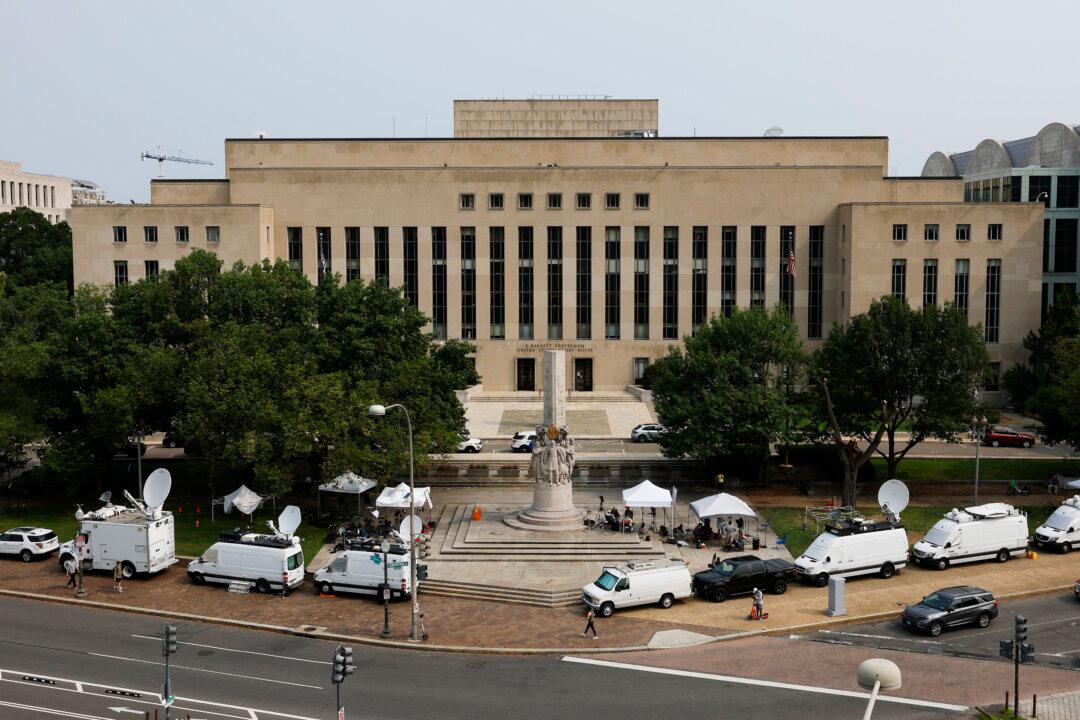Commentary
According to the World Population Review, the United States leads the world in the number of lawyers, with 1.26 million. Other studies put the number at more than 1.35 million.

According to the World Population Review, the United States leads the world in the number of lawyers, with 1.26 million. Other studies put the number at more than 1.35 million.